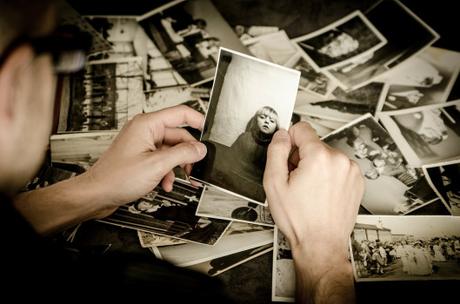
When I was eight years old, I got a Chatty Cathy doll for Christmas. Chatty Cathy was the first talking doll. When you pulled a ring on her back, she would say one of ten or eleven phrases. Sometimes it was “I love you!” Other times it was “Let’s play!” It didn’t matter, when I pulled the string, my Chatty Cathy would talk to me and I was over the moon.
Chatty Cathy was not available in Pakistan anywhere. The only reason I received the doll was that another missionary family had left Pakistan and had sold their children’s toys. The family had twin girls, Becky and Kathy. They were older than I was and, I suspect, had outgrown their dolls (although who ever outgrows dolls?) They had two of these talking dolls, and had sold one to my parents for me, and one to Bettie Addleton, mom of my best friend Nancy.
In the middle of the Sindh desert of Pakistan, because of Becky and Kathy Elkins, Nancy and I got Chatty Cathy dolls. It was a magical Christmas.
This past Friday, Becky Elkins died. I didn’t know Becky well, but I do know she died too soon, and too painfully. She died of lung cancer in Colorado. I saw Becky at our Pak Reunion just one and half years ago. My friend Janet let our community know through social media that Becky had died.
When you are part of a community that shared so much of life together in a place where we were all foreigners, you grow deeply close. Even if you didn’t know each other and were years apart in age, you know there is a connection that goes well beyond normal neighborhood relationships. We were part of a small community that lived counter-culture in both our adopted country and our passport countries. We lived apart from blood relatives, and so those around us became relatives in proxy. We inherited each others houses, cars, clothes, families, and dolls.
I can’t stop thinking about Becky and that doll. I loved that doll so much. Memories, filed away in my brain like index cards, come to mind. I remember the surprise of unwrapping the doll. I remember pulling the string so much that she stopped talking for a while. I remember Nancy and me playing with our dolls, surrounded by the innocence of childhood. The sights, shapes, sounds, and people who shaped my life are spread around the globe, and faded memories have taken their place. The index card memory box emerges as I read about Becky’s death. And I know that the sadness I feel is combined with the ache of loss for a time that no longer exists.
In Between Worlds, I write this and I think about it today:
“For many of us, the only thing we feel we have left are our memories. We cannot go back to the place that was home. Either it does not exist, will not let us in, or danger and cost prohibit a casual trip to indulge the times of homesickness. In its place is memory. Our memories may be biased, or relayed in a way that would make our mothers say, “That’s not quite the way it happened,” but they are inalienably ours.”*
and then:
“Pieces of childhood are important foundations to building adults. Whether it be the doll, the bear, or the book, it’s part of the story of our lives. The pieces of childhood bear witness to times and places that helped shape us into who we are today.”**
The Chatty Cathy memory is inalienably mine and I find strength in remembering. I smile when I remember that doll, and the two girls in Pakistan who daily pulled the string to hear Chatty Cathy say “I love you!”
*From Kebabs in Jalalabad essay in Between Worlds, Essays on Culture and Belonging.
** From Pieces of Childhood in Between Worlds, Essays on Culture and Belonging.
Photo Credit: https://pixabay.com/en/photo-photographer-old-photos-256887/

